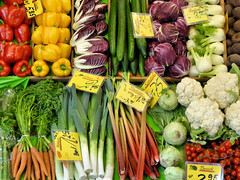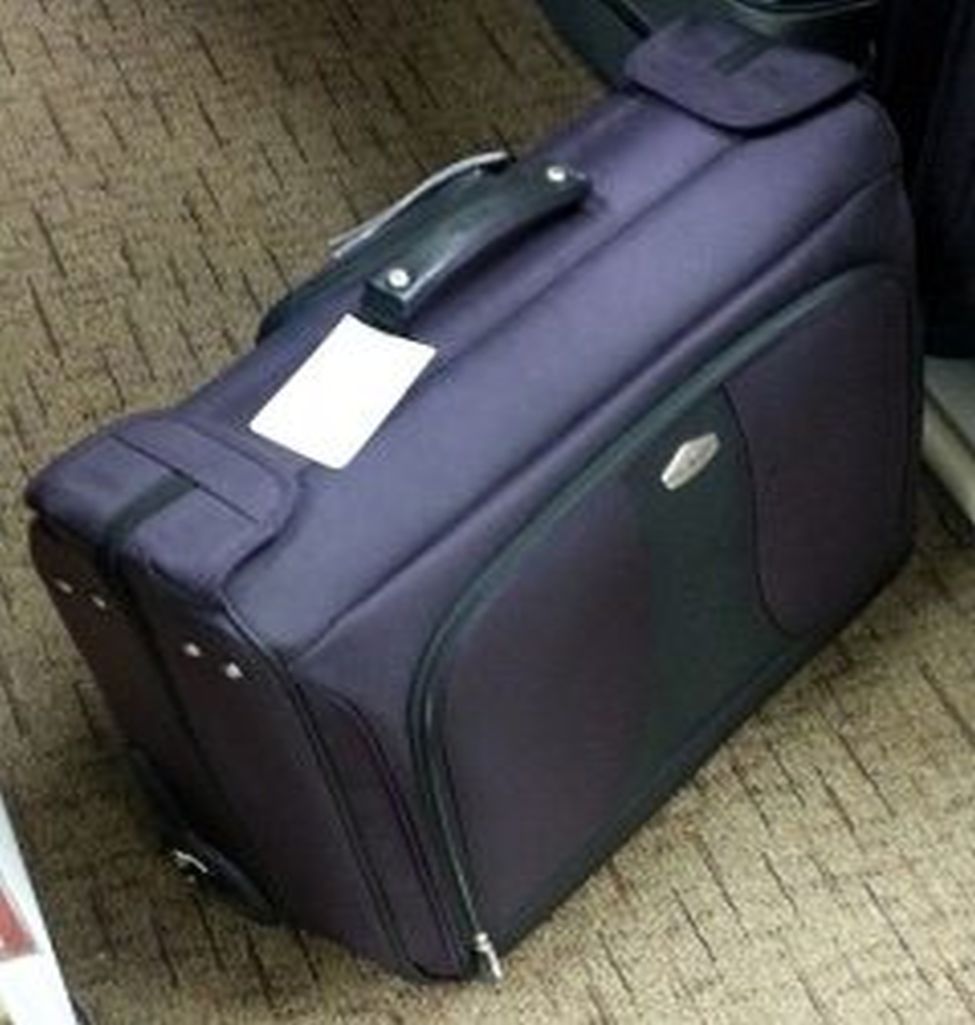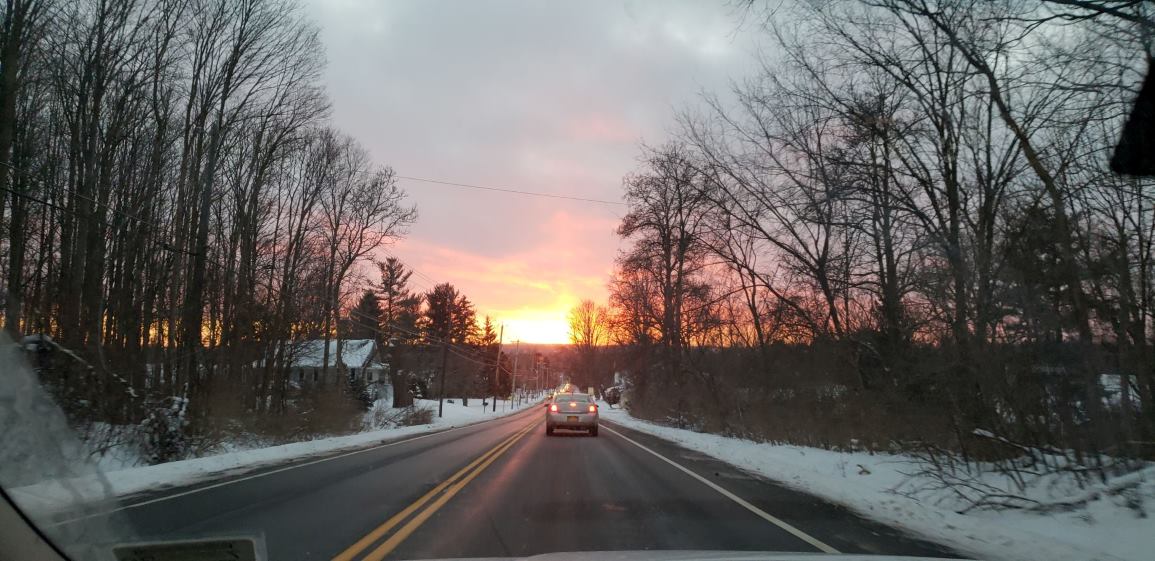A couple of years ago we asked this question: have you started budgeting yet? It’s a fairly important question because we’re of the opinion that you can’t grow and maintain your finances without knowing how much you make, how much you need to pay out every month, and how much you have left over for everything else. We highlighted 3 things in that article:
* your bills are under control
* you have more money in your checking or savings account
* you have more peace of mind because you’re not as worried about paying your bills

Gertrud K. via Compfight
To expand on this topic, we felt it was a good time to talk about “wants” versus necessities. You’d think this one would be easy, but often we find that what many people believe is important to them isn’t really all that important in the scheme of things. These may or may not be bills you’ve put within the budget, but it’s important enough for you to think about the necessities first… even moreso than all the bills sometimes. Shocking? Let’s find out.
Necessities are the things you absolutely need to have to survive. Food and water come to mind, but our needs are bigger and more specific than that. Some needs might look like “wants”, and some “wants” might contain needs. It’s all in how we think about these things to determine what we have to consider.
Let’s look at water for a minute. All of us need water to survive, even more than we need food. Without water, you can only survive 8 to 10 days.
Is water “water” though? Many people believe they need to buy bottled or filtered water instead of using tap water. True, truly filtered water is better for you, but not all bottled water is really filtered. Even if it is, the cost of water can be prohibitive when you’re on a tight budget.
Water bills are generally pretty low; in some communities you’ll end up paying less than $25 a month. Filtered bottled water will run you close to a dollar a bottle; you can’t survive on only 25 bottles of water in a month. You can get other bottled water for less, but unless you’re living in a place like Flint, Michigan, it’s probably not much better than what you’ll get out of your tap. This is one of those instances where you need to figure out what’s more necessary in your situation or what you feel you can afford.
The next necessity is food. If you have water, you can survive up to a month without food if you have to. Gandhi used to regularly fast upwards of 21 days at a time during his many protests.
Once again, is food “food”? If your budget is tight, do you still buy a lot of organic food which in some instances is 3 times the price of non-organic? How long can you survive on boxes of macaroni and cheese and stay healthy, even though it’s the type of food that can go a long way? Do you know how to shop for the best price so you can afford to buy healthier food here and there while supplementing it with other things? Have you mastered the art of buying in bulk?
One more necessity is clothing. We need clothing to keep us warm, to be able to leave the house, to perform a job… along with a host of other things. All clothes aren’t equal, but some are more equal than others (to quote from Animal Farm).
Clothing can be a much different thing to figure out. For instance, if you’re working a corporate job and are on a fast track upward, then designer clothes are probably what you need to buy, which is a big but necessary expense. For most people, casual wear will probably suffice. There may be a nominal difference in quality between buying a $15 cotton shirt or one for $3, but you need to determine what’s necessary for you at the moment. If you can buy 5 shirts for the same price as buying one, isn’t that a great way of stretching your budget and taking care of a necessity?
It might seem like nitpicking, but the truth is that every day most people end up making the wrong decisions based on a misconception of what’s necessary in their lives. I knew someone who decided she had to pay $450 to have her hair done and neglected to pay her $250 energy bill. Others might feel the need to buy clothing rather than food or water. Figuring out what’s necessary could help you buy all 3 items, even if they’re not of the highest quality.


